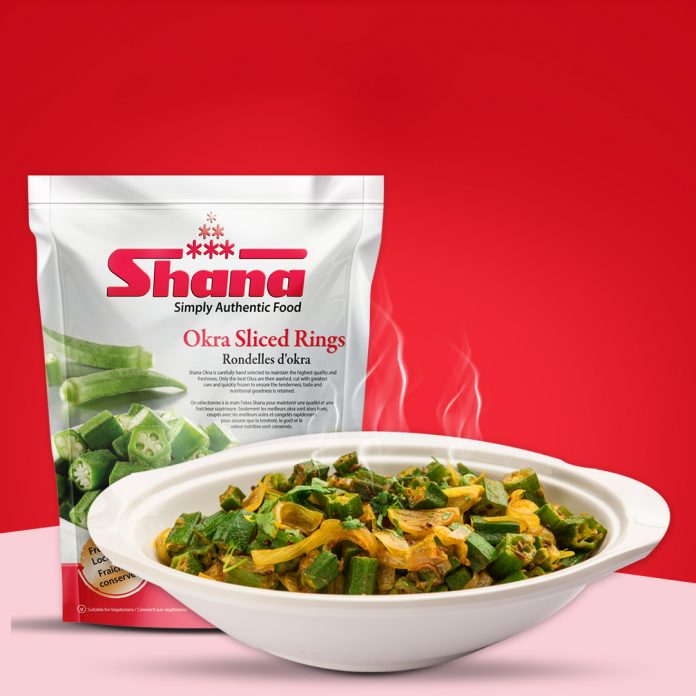Fruits and veggies. We know we need them, our doctors nag us about them, and those bright colors sure look pretty on our plates. But let’s be real: getting fresh produce into our daily diets can feel like a chore.
Between the rush of daily life and the (often) high prices for “fresh” produce, it’s no wonder we all struggle.
But what about frozen fruits & veggies?
Let’s talk about the nutritional benefits of frozen fruits and vegetables and fruits, why these frosty options deserve a bit more love, and how they’re making our lives a whole lot easier without skimping on health benefits.
Frozen vs. Fresh: The Cold Hard Facts
So, you’ve heard that fresh is best, right?
Well, it’s time to thaw out some of those old notions. Frozen fruits and veggies are picked and frozen at their peak, which means they’re capturing all the good stuff & the health benefits.
Here’s how.
Nutritional Benefits of Frozen Vegetables
Variety on Demand
With frozen produce, you’re not limited by the seasons. Craving strawberries in winter? No problem.
Fancy some butternut squash in summer? Sure, go for it.
This year-round availability not only makes meal planning easier but also means you can enjoy a wider range of nutrients regardless of the season.
Preserved Vitamins and Minerals
Frozen fruits and vegetables are harvested at their peak ripeness, a time when they are most nutrient-dense. Freezing almost immediately after harvest locks in many vitamins and minerals.
Studies have shown that the levels of certain nutrients, including vitamin C, vitamin A, and folate, are similar in fresh and frozen produce because the freezing process preserves these essential nutrients.
Antioxidant Availability
Alongside vitamins and minerals, antioxidants are crucial for combating oxidative stress in the body, which can lead to chronic diseases.
The freezing process maintains high levels of antioxidants such as beta-carotene, lutein, and lycopene, ensuring that frozen fruits and vegetables remain a rich source of these health-protective compounds.
Harvested at Nutritional Peak
Unlike some fresh produce that is picked before it has fully ripened to extend its shelf life during transportation, frozen fruits and vegetables are picked at their peak.
This means they often contain higher levels of vitamins and minerals at the time of freezing.
Less Exposure to Light and Air
From the moment they are picked, fresh fruits and vegetables begin to lose their nutritional value due to exposure to light and air. Frozen produce, however, is less exposed to these elements, reducing the rate of nutrient depletion over time. This means that frozen fruits and veggies can retain their nutritional content for much longer periods.
Minimal Processing Losses
The blanching process that vegetables undergo before freezing can lead to some loss of water-soluble vitamins such as vitamins B and C. However, this loss is generally minimal and is often outweighed by the benefits of extended shelf life and reduced spoilage.
Portion Control and Less Waste
Frozen fruits and vegetables allow for easy portion control, reducing food waste significantly. By using only what you need, you can ensure that the rest remains frozen and nutrient-rich for future use. This not only saves money but also helps maintain a steady intake of essential nutrients.
But are They Really Good for You?
Absolutely. Here’s the scoop: studies have shown that frozen fruits and veggies can hold their own when it comes to nutritional value, sometimes even surpassing their fresh friends. Why? Because the freezing process, which happens shortly after harvesting, helps retain important nutrients.
Now, it’s true that the process of preparing vegetables for freezing might include blanching (quickly boiling), which can reduce vitamin C content in some veggies. But here’s the kicker: the overall nutritional loss is minimal.
Plus, for many people, frozen fruits and vegetables might be the most affordable and practical way to get their greens (and reds, yellows, and oranges).
Tips for Keeping it Cool
To get the most out of your frozen fruits and veggies, keep these tips in mind:
- Pick the plain ones: Avoid added salts, sugars, or sauces to keep your meals as healthy as possible.
- Feel the bag: You want to feel individual pieces inside, not a big clump, which could mean it’s been thawed and refrozen.
- Store it right: Keep your freezer cold and try not to open it too often. This keeps everything in prime condition.
- Avoid overheating: Briefly defrosting fruit on the countertop or in the microwave helps preserve its beneficial compounds. For vegetables, gently steaming or microwaving them ensures nutrient retention.
Shana Foods: Bringing Frozen to Life
Now, let’s talk about how Shana is revolutionizing your kitchen with our premium frozen fruits and vegetables. We focus on ease without sacrificing health, delivering a diverse, nutritious, and tasty selection right to your table. Our products are frozen to ensure you enjoy peak flavor and nutrition with every meal.
Next time you’re tossing out food that’s gone bad too soon, just think of us. Shana frozen vegetables and fruits range offers a wallet-friendly, nutritious solution that’s ready whenever you are.

